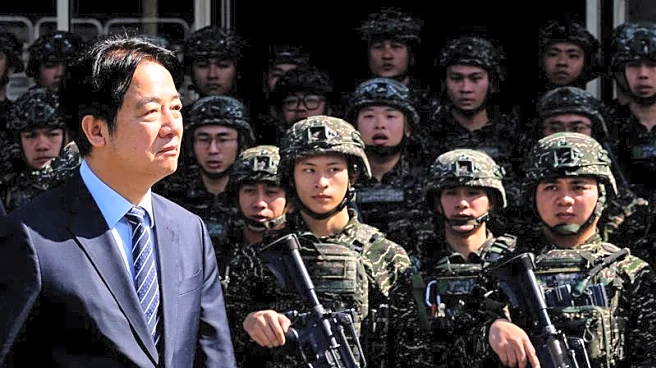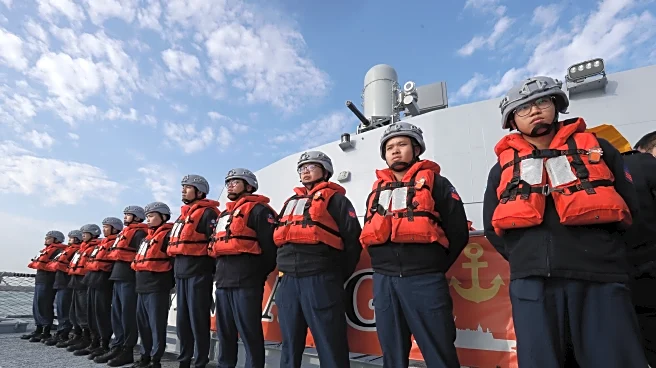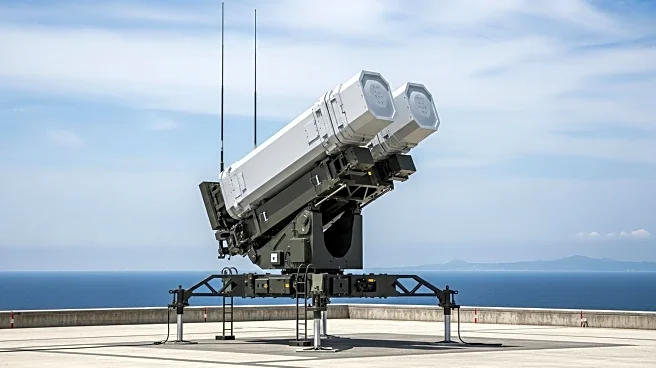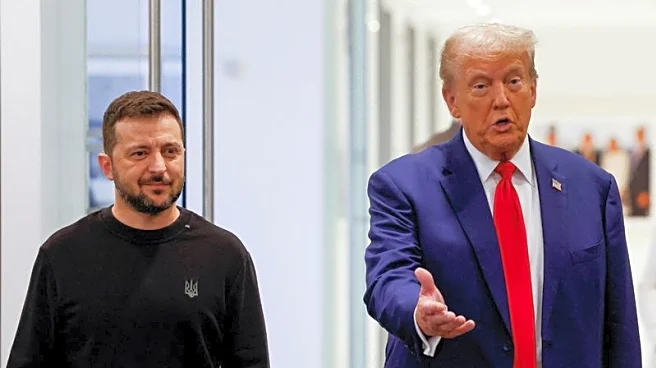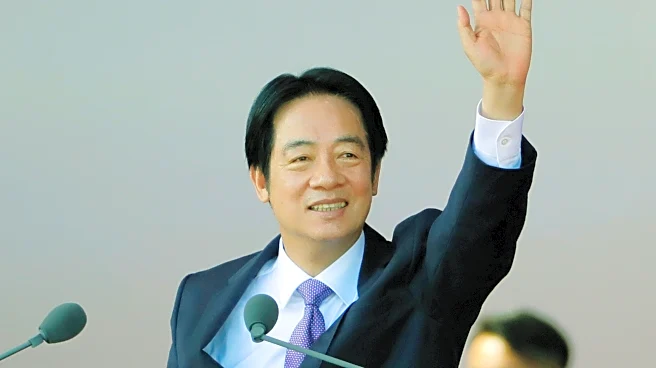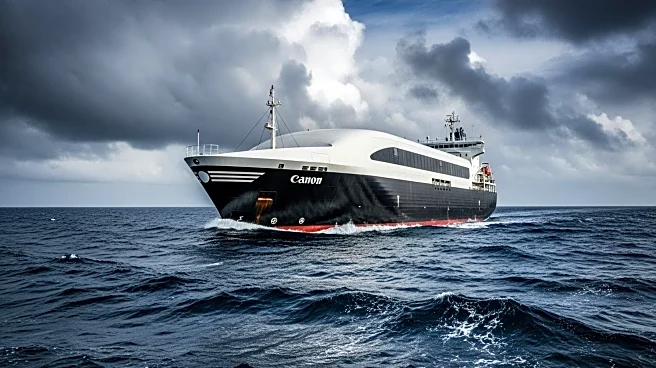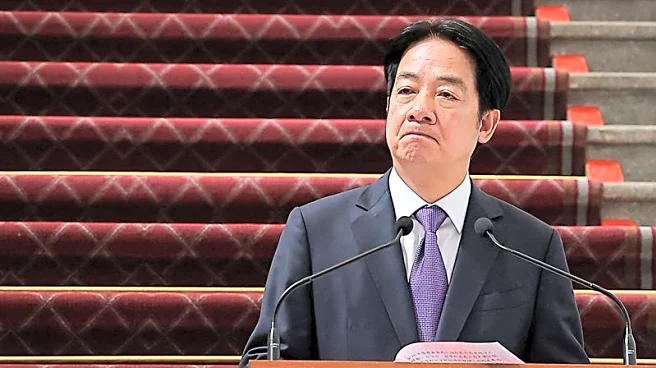What's Happening?
Taiwan's President Lai Ching-te announced plans to expedite the development of the 'Taiwan Shield' or 'T-Dome' air defense system in response to military threats from China. During a speech on Taiwan National Day, Lai emphasized the need to increase defense spending to over 3% of GDP, with a goal of reaching 5% by 2030. The initiative aims to counteract enemy threats and bolster Taiwan's defense industries. Lai highlighted Taiwan's role as a 'beacon of democracy' in Asia, contrasting it with China's one-party state. The speech also addressed economic challenges, including high tariffs imposed by President Trump on Taiwanese exports to the U.S. Taiwan has launched a $3 billion plan to support affected sectors and is engaging in tariff negotiations with the U.S. The Chinese military's frequent incursions into Taiwan's airspace and waters have heightened tensions, prompting Taiwan to enhance its defense capabilities.
Why It's Important?
The acceleration of Taiwan's air defense system development is crucial in maintaining regional stability and deterring potential military aggression from China. As China continues to expand its military presence near Taiwan, the island's efforts to strengthen its defense capabilities are vital for its sovereignty and security. The increased defense spending reflects Taiwan's commitment to safeguarding its democratic values and ensuring peace in the Taiwan Strait. Economically, Taiwan's response to U.S. tariffs is significant for its trade relations and domestic industries. The ongoing negotiations with the U.S. aim to mitigate the impact of tariffs and foster economic resilience. The geopolitical dynamics between Taiwan, China, and the U.S. have broader implications for international relations and regional security.
What's Next?
Taiwan plans to continue developing its air defense system, focusing on high-level detection and interception capabilities. The government is also training soldiers to counter drone threats and procuring anti-drone weapons systems. As Taiwan engages in tariff negotiations with the U.S., the outcome could influence future trade policies and economic strategies. The international community, particularly the U.S., is likely to monitor Taiwan's defense developments closely, given the strategic importance of the Taiwan Strait. Potential reactions from China could further escalate tensions, necessitating diplomatic efforts to maintain peace and stability in the region.
Beyond the Headlines
Taiwan's defense strategy highlights the ethical and political dimensions of sovereignty and self-determination. The island's commitment to democracy contrasts with China's authoritarian governance, underscoring the ideological divide in the region. The development of the 'T-Dome' system, inspired by Israel's Iron Dome, reflects Taiwan's innovative approach to defense technology. The geopolitical tensions also raise questions about the role of international law and the legitimacy of Taiwan's status on the global stage. Long-term shifts in regional alliances and defense policies could emerge as Taiwan continues to assert its independence.

